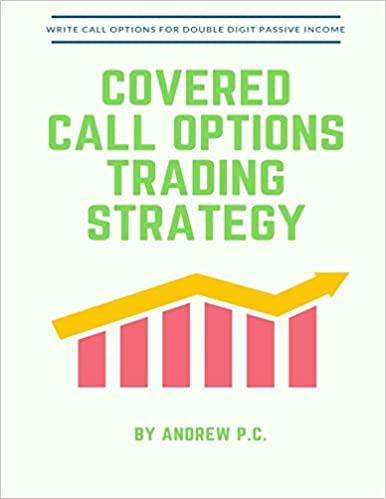Question
You have just signed up for a retirement plan and can invest your money in a growth fund (G) or a value fund (V). You
You have just signed up for a retirement plan and can invest your money in a growth fund (G) or a value fund (V). You can also invest in a risk-free asset. You believe there are three possible scenarios, State 1 (Prob = .5): rg =12%, rV = 8% State 2 (Prob = .25): rG =-8%, rV= 4% State 3 (Prob = .25): rG =6%, rv= -3%
a) Compute the expected return and standard deviation of the growth and value fund. Also compute the covariance and correlation between the value and growth funds.
b) Compute the market portfolio (i.e., the portfolio of the two risky assets that yields the highest Sharpe Ratio).
c) What is the expected return, standard deviation, and Sharpe Ratio of the market portfolio?
d) What is the beta of the growth fund with respect to the market? What is the beta of the value fund with respect to the market? What is the beta of the market with respect to the market?
e) What are the predicted returns of the growth fund, the value fund, and the market according to the CML?
f) What are the predicted returns of the growth fund, the value fund, and the market according to the SML?
g) Are the predicted returns according to the CML and SML the same for the value fund? The growth funds? The market? For each, explain why they are the same or why they differ?
Step by Step Solution
There are 3 Steps involved in it
Step: 1

Get Instant Access to Expert-Tailored Solutions
See step-by-step solutions with expert insights and AI powered tools for academic success
Step: 2

Step: 3

Ace Your Homework with AI
Get the answers you need in no time with our AI-driven, step-by-step assistance
Get Started


